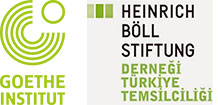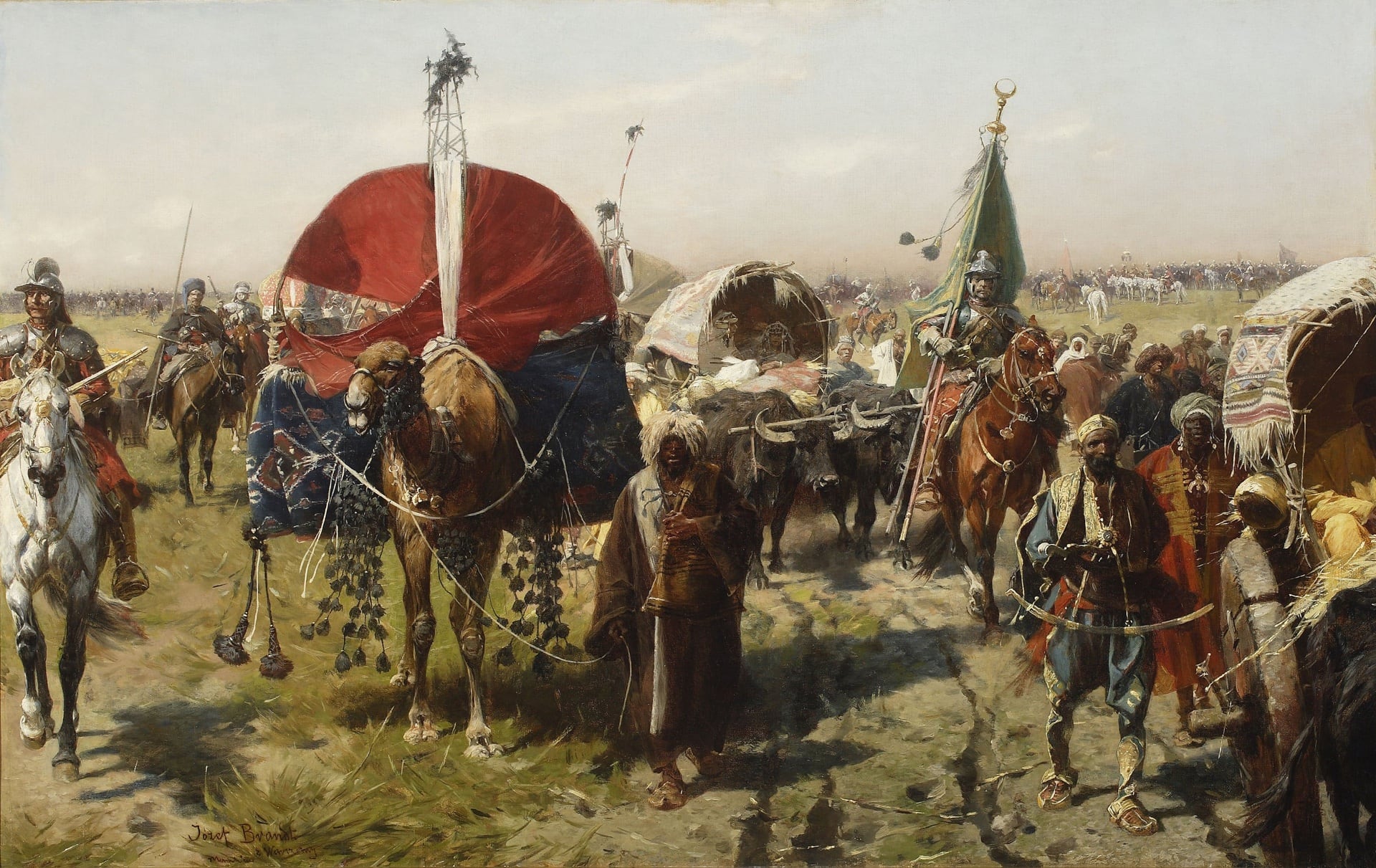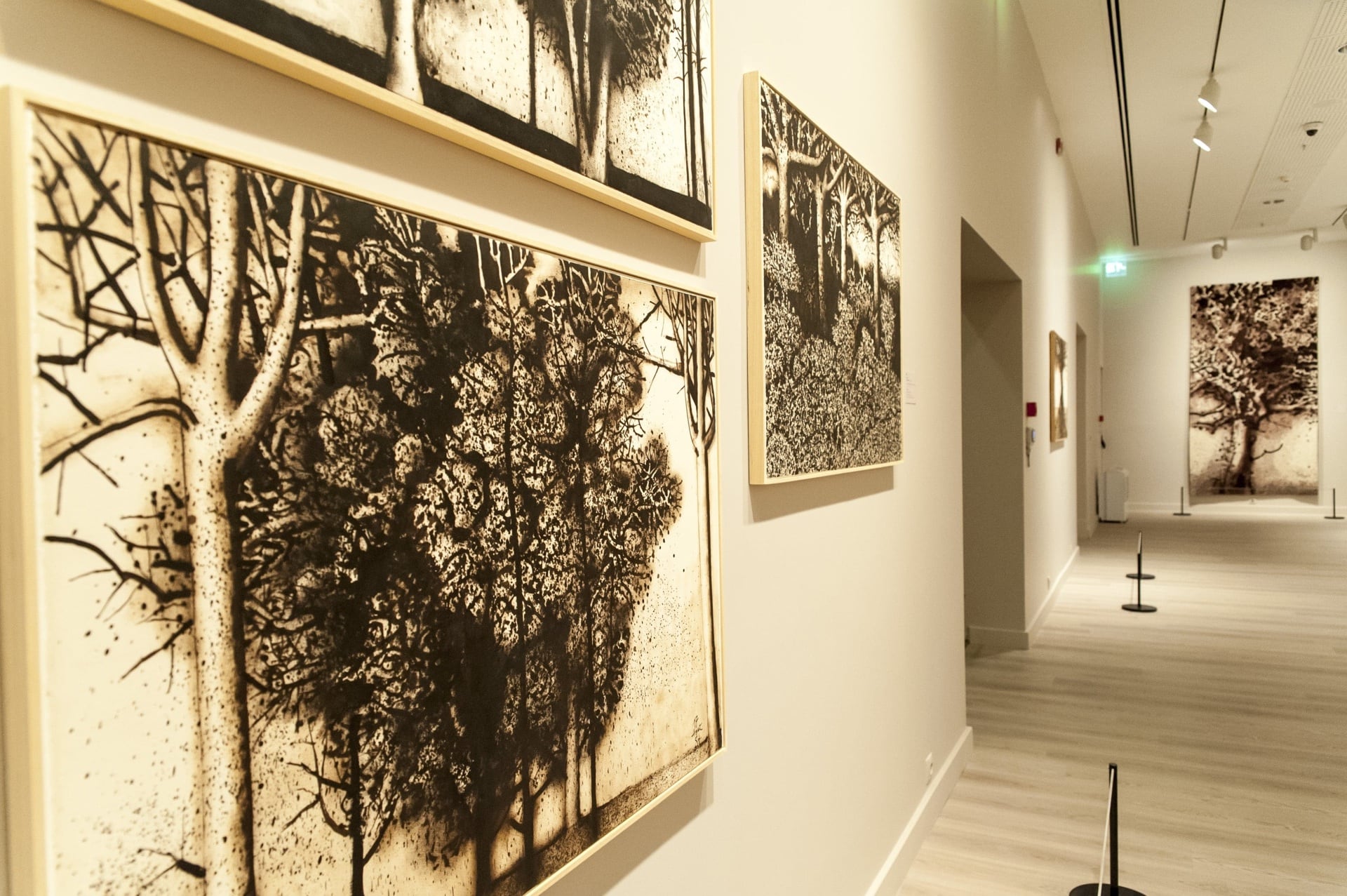Panel
December 7, 2017 / 19:00
21 December is the birthday of the Nobel laureate Heinrich Böll, one of the most important representatives of post-war literature. In his works, the writer and intellectual Heinrich Böll treated subjects such as loss of homeland, unemployment and insecurity from various perspectives against a social and moral backdrop. But Böll did not restrict himself to putting down his impressions on paper. He emphasized how important social engagement is for a writer and intellectual and that one must openly intervene in social issues. He himself lived in accordance with this principle.
There are of course social crises and upheavals not only during times of war. There is always the need for critical voices that “interfere” in, in Böll’s words, and comment on events from a different angle. This need is more urgent than ever today, when on the one hand the sciences are becoming more and more specialized, and on the other hand the world is determined by fragmented and indefinite publics and the role and quality of social actors are changing. How can public actors, who have both the knowledge and expertise and the passionate desire to interfere, respond to this need? How can the significance and quality of interfering be defined in view of the vast structural changes the public is undergoing? What could the social counterpart of such interference be?
Parallel to raising these questions, the Heinrich Böll Foundation (which bears the writer’s name) and the Goethe-Institut Istanbul commemorate the legacy of Heinrich Böll and his work in this panel.
Free of admissions; drop in. This event will take place in Pera Museum’s auditorium. The event will be in Turkish with simultaneous English translation.


Józef Brandt harboured a fascination for the history of 17th century Poland, and his favourite themes included ballistic scenes and genre scenes before and after the battle proper –all and sundry marches, returns, supply trains, billets and encampments, patrols, and similar motifs illustrating the drudgery of warfare outside of its culminating moments.

In 1962 Philip Corner, one of the most prominent members of the Fluxus movement, caused a great commotion in serious music circles when during a performance entitled Piano Activities he climbed up onto a grand piano and began to kick it while other members of the group attacked it with saws, hammers and all kinds of other implements.

Among the most interesting themes in the oeuvre of Prassinos are cypresses, trees, and Turkish landscapes. The cypress woods in Üsküdar he saw every time he stepped out on the terrace of their house in İstanbul or the trees in Petits Champs must have been strong images of childhood for Prassinos.
Tuesday - Saturday 10:00 - 19:00
Friday 10:00 - 22:00
Sunday 12:00 - 18:00
The museum is closed on Mondays.
On Wednesdays, the students can
visit the museum free of admission.
Full ticket: 300 TL
Discounted: 150 TL
Groups: 200 TL (minimum 10 people)